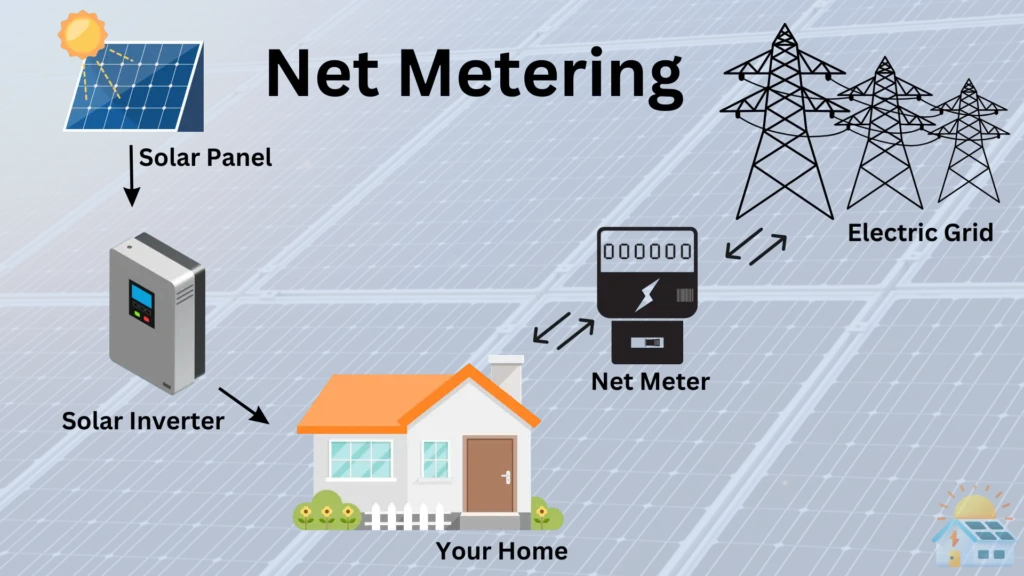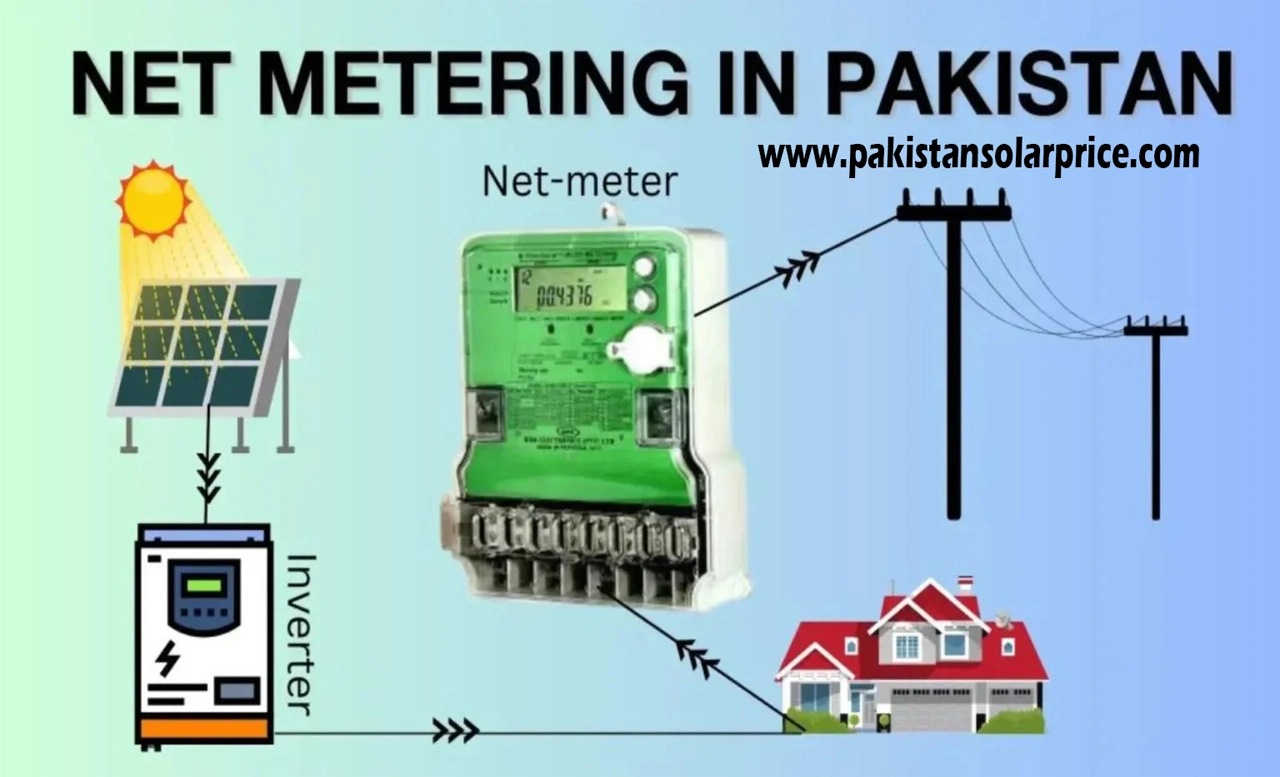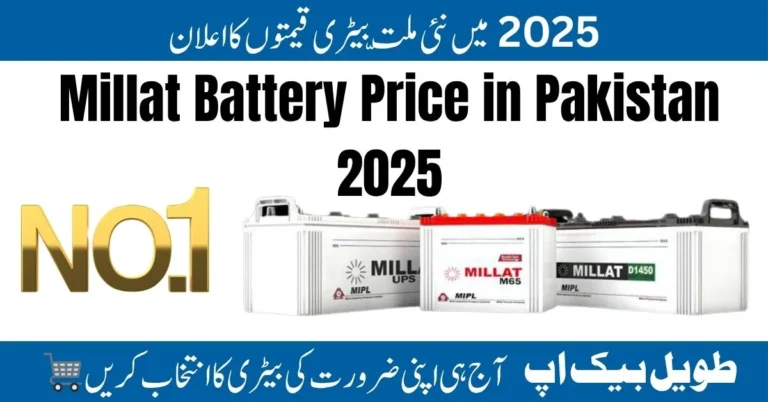Solar net metering in Pakistan | Is net metering is useful in 2024?
As Pakistan is facing energy crisis and finding some soulation. it meet its renewable energy goals, solar net metering has emerged as a promising solution.
In 2024, this innovative net metering system continues to gain traction, offering different benefits to both the energy sector and individual consumers. This article will tell you about solar net metering in Pakistan, highlighting its advantages, implementation process, and future prospects.
The concept of solar net metering is like a tool which uses solar power to minimize electricity bills. This happens when excess electric power generated is directed to the usual supply of electricity. The idea is assisting more people globally to adopt the use of solar energy. In Pakistan, Solar Net Metering is gaining popularity and has environmental and economic benefits.
For more information about click here solar net metering in Pakistan
Understanding Solar Net Metering:
Solar net metering is a billing mechanism that allows residential, commercial users customers who generate their own electricity by using solar panels to feed surplus electricity back into the grid. In the return, they receive credits on their electricity bills, which can be used to offcuts their consumption from the grid at that times when their solar panels are not producing enough energy form sun.

What is Net Metering?
Net metering allows solar panel users to send surplus (Extra) electricity they generate by solar and send back into the national grid. This earns them credits or savings on future electricity bills. They will then draw against those credits when they need more power than they can produce themselves. The scheme ensures there are no shortages in producing and consuming electrical energy hence encouraging renewables adoption.

Key Features of Pakistan’s Net Metering Policy:
Eligibility:
The program allows consumers with solar PV systems ranging from 1 KW to 1 MW.
Billing Mechanism:
Users are charged based on their net energy usage. Should they generate more energy than they consume, the surplus is credited to their account for future utilization.
Tariffs and Rates:
NEPRA sets the net metering tariffs which are updated regularly in line with market dynamics.
Interconnection Standards: Solar system interconnections into the national grid conform to certain technical standards and safety regulations.
Duration and Renewal:
On average, net metering agreements run for three years and can be rolled over upon expiry.
Benefits of Net Metering in Pakistan:
Cost Savings:
Customers can save money by generating their own electricity and getting credits for excess power produced.
Energy Security:
Pakistan’s solar net metering facilitates diversification of its energy sources hence reduces reliance on imported fossil fuels thereby improving energy security.
Environmental Impact:
With a view to curbing carbon emissions as well as pollution, net metering encourages clean solar power generation.
Economic Growth:
Its policy is important in the promotion of growth in the solar industry that produces employment opportunities and encourages new technology.
Grid Stability:
Distributed solar generation through net metering would ensure grid reliability while reducing power losses during transmission.
Net Metering Pakistan as a Technology:
By using net metering technology now Pakistani Solar customers can easily consume as well as export solar energy to the national electric grid. This technology will empower more and more people to be a part of this greener environment, spreading solar not only helping consumers but also our DISCOs. The technology of solar net metering in Pakistan, comes under the National Electric Power Regulatory Authority (NEPRA) regulations 2015.
NEPRA is the body of legislation through which we could get a new generation to overcome energy problems in Pakistan. To participate in the net metering program, you need to satisfy this criterion with your solar system.
🛑 Size of your solar system Must not be smaller than 1 kW (kW=kilo-watt) and larger than 1 MW(mega-watt).
🛑 You need a three phase meter connection.
🛑 You should have a supply of electricity in an exchange like LESCO, MEPCO, PESCO, IESCO and so forth.
And, also allow you to send the excess energy generated from your solar system back into the grid which means that by end of day for domestic users in Australia they need an efficiency such that their power consumption is much less compared with solar generation.
Eligibility and Criteria for Net Metering Pakistan:
In Pakistan, whether you can join net metering depends on what kind of consumer you are, how big your solar panels are, what voltage your supply is, and more.
| Consumer Type | Three Phase |
| Consumer Category | Commercial / Domestic / Industrial |
| Solar PV Range | 1KW To 10 MW |
| Voltage Supply Level | 400 V To 11000 V |
what is Process of Net metering installation:
Adopting solar net metering in Pakistan involve there is following key steps:
System Design and Installation:
The first step for consumers should be to build an appropriate solar system based on their space requirements and energy requirements. It’s best to speak with licensed solar contractors to make sure the system is set up for optimal efficiency. The installation procedure, which usually entails mounting solar panels, configuring inverters, and connecting the system to the current electrical configuration, starts as soon as the design is complete.
Obtaining Approvals from Authority:
Customers must get the required permits from their respective distribution companies (DISCOs) before the system may be linked to the grid. This entails submitting an application that contains information on the solar system’s technical specifications and safety standard compliance.
Net Metering Agreement:
Customers sign a net metering contract with their DISCO after being approved. The details of the net metering arrangement, including the tariff rates and invoicing methods, are outlined in this agreement.
Meter Installation:
in this step Installing a dual-direction meter, which is capable of precisely measuring the flow of power from the grid to the user and vice versa, is the last step. The system is prepared for use after the meter is placed and tested.
Conclusion:
The solar net metering in Pakistan is a major step towards a cleaner and sustainable future with respect to energy. The scheme allows people to produce their own electricity for sale back to the grid, thereby solving energy problems as well as bringing economic and environmental benefits. In conclusion, it can be argued that solar net metering can be critical in steering Pakistan towards renewable energy if it is managed properly and supported constantly.
FAQS:
Q. How does net metering help in enhancing grid stability?
The solar net metering in Pakistan improves grid stability by spreading out electricity generation, using local renewable sources efficiently, and reducing strain on centralized power systems.
Q. What challenges does solar net metering face in Pakistan?
The main challenges for solar net metering in Pakistan include high initial costs, complex regulations, limited public awareness, technical grid integration issues, and inconsistent policies.
Q. What are the environmental impacts of solar net metering in Pakistan?
Solar net metering in Pakistan helps cut down emissions, clean up the air, save water, and reduce land use compared to traditional ways of making electricity.







